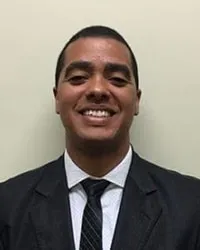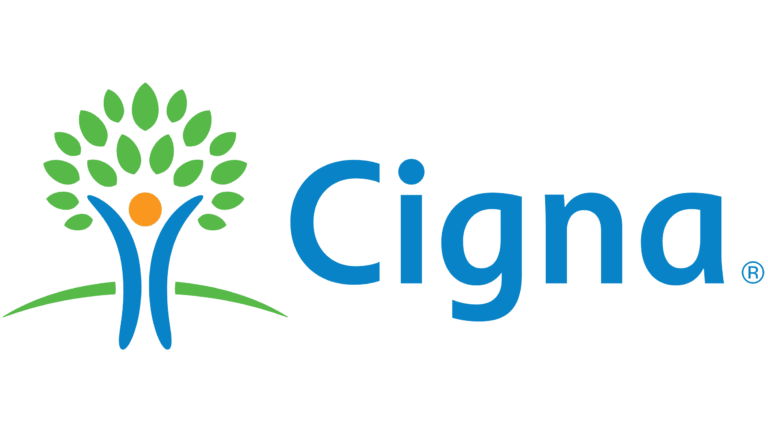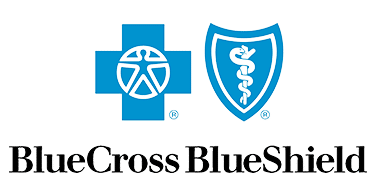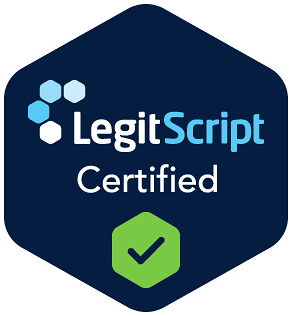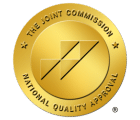The detox and rehabilitation process during drug and alcohol treatment can be difficult and emotionally powerful. By the time that an addiction is faced, head-on it is normally at a point in which the disease has taken firm roots and will require deep, personal therapy to unseat. As difficult as this process can be, the hard work does not end after a stay at a rehab has ended. Some of the hurdles that will need to be overcome during and after rehab include:
- Stigma
- Withdrawal
- Difficulties addressing trauma and shame without drugs
- Repairing and building relationships
- Relapse
- Transitioning out of rehab and back home
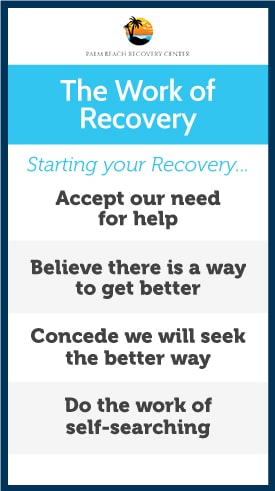
Additionally, after a rehabilitation experience, it is expected that the patient begin taking back on their obligations of their previous daily life. This includes; paying bills, working, and even providing for others. This transition back into the challenges of daily life can often trigger old behaviors, especially without the correct support group in place. The work done in rehab can be extensive, but if you put a person right back into the same environment where addiction thrived, it should not be surprising that the same demons may return. It takes a strong commitment, a supportive community and a toolset of sober skills to navigate the path for long-term sobriety.
Addiction is insidious, it will convince you that you are in control and even when you are doing well in your recovery will linger in your mind, offering itself as an escape from your daily stress. Relapse then, is often treated as a foregone conclusion. And while we should not overwhelm ourselves with shame for stumbling, we ought to arm ourselves with the skills to pick ourselves back up, and recognize pitfalls before we are snared by them. Here are some of the ways we can continue working in our recovery.
Be Patient
Overcoming drug and alcohol addiction is not an easy process. It’s difficult, frustrating and at times emotionally devastating to address the psychological and physical issues that drove you to the brink. But it is worth doing. You should realize that even after the detox process, when chemical dependency has waned, the urges will still be there, and you might even suffer from withdrawal symptoms at times. The most important thing to do is to be patient and put your best foot forward and step-by-step move towards the light.
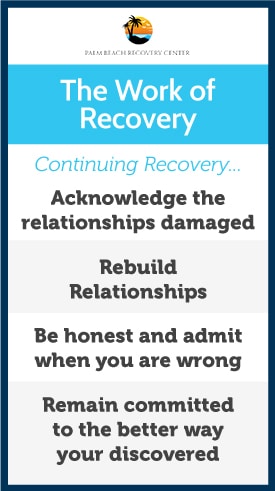
Support in the Recovery Community
During rehabilitation and as you begin ‘outpatient’ care, it is important that you begin associating with others who know the struggles of early recovery. Communicating with others who are going through similar struggles as you can be helpful, but it is critical that you find a mentor who you can go to for advice. Most rehabilitation programs will be based in a 12-step structure and there will certainly be 12-step programs in your area you can begin attending to seek someone more senior in their recovery. You may feel the person you went through detox with is the most reliable person to get advice from, but they are not the ideal candidate to go to when you feel like using. Someone who has years under their belt and has mentored many other people in your shoes is much more likely to have the advice you need.
Re-connecting with People You Can Trust
During the course of active addiction, once vibrant friendships and familial ties often wither and are replaced by a relationship with a drug of choice. The commitment to the drug and the escapism it provides leads to a disconnect between family members and loved ones. Now that you are free from the bonds of chemical dependency, it’s important that you spend that time rebuilding these ties. Maintaining positive relationships will help rid you of shame that reinforces drug abuse as well as give you a place to seek refuge when you feel the world closing in. It is worth noting that not all relationships are healthy and some should be avoided outright in early recovery. Recognize that relationships that encouraged your drug use may be worth cutting ties with entirely, or at least until you have much more firm footing.

